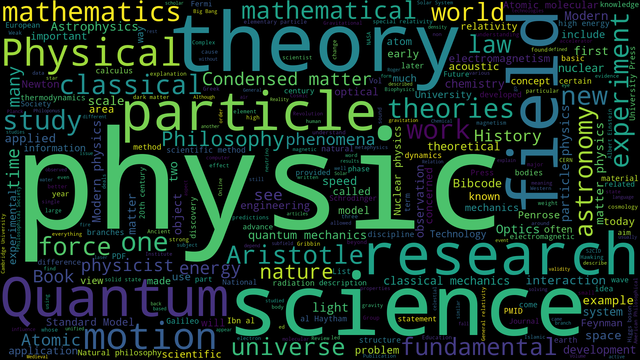
What Is The God Particle?
When the phrase “the God Particle” began circulating in the media a few decades ago it brought the world’s attention to the CERN laboratory in Switzerland and its research into particle physics, (the study of fundamental sub-atomic particles that make up matter and radiation). No matter whether you were an atheist, agnostic, or of some religious persuasion, this seemingly portentous sub-atomic particle had to pique your interest.
Higgs-Boson
So, what is the God Particle? Well, it’s an everyday, media-friendly reference to the Higgs-Boson, a fundamental particle in particle physics. The nickname originated from the title of the book “The God Particle: If the Universe Is the Answer, What Is the Question?” by physicist Leon Lederman.
The Higgs-Boson plays a crucial role in the Standard Model of particle physics, which describes the fundamental particles and forces of nature. It is associated with the Higgs field, a field that permeates the universe and gives particles mass through interactions. The discovery of the Higgs-Boson was announced in 2012 by scientists at CERN’s Large Hadron Collider (LHC) after years of experimental searches.
This frustrating lengthy search for the Higgs-Boson was part of the reason for it gained the God Particle reference. Loen Lederman initially wanted to call it the “Goddamn Particle” because of its elusive nature, but the publishers wouldn’t allow it! He settled on the God Particle due to parallels between this confusing scientific journey and a parable in the Book of Genesis.
Why Didn’t We Find The God Particle Sooner?
In the decades before the discovery of the Higgs-Boson scientists were always left dumbfounded as to why some electrons, protons, bosons, and quarks have mass. They found this all stemmed from the Higgs-Boson, which is the fundamental force-carrying particle of the similarly named Higgs Field, which is responsible for granting electrons, quarks, and of course Boson’s mass. Particles that interact with the Higgs Field more strongly have greater mass.
Although Protons have mass, this is not thought to have been granted by the Higgs-Boson, which only grants it to fundamental particles such as electrons and quarks. Protons (which are made up of quarks), get much of their mass from the binding energy that holds their constituents together.
Summary
So, the God Particle is the Higgs-Boson, and it refers to the fundamental force-carrying particle that permeates the universe and grants mass to any fundamental particles it interacts with. Without it, all fundamental particles would fly around the universe at the speed of light! That would make life, the Universe and everything very chaotic indeed, to say the least…
I you are interested in studying s Science, Oxford Open Learning offers you the chance to do so at a variety of levels, listed below. You can also Contact Us here for more information.